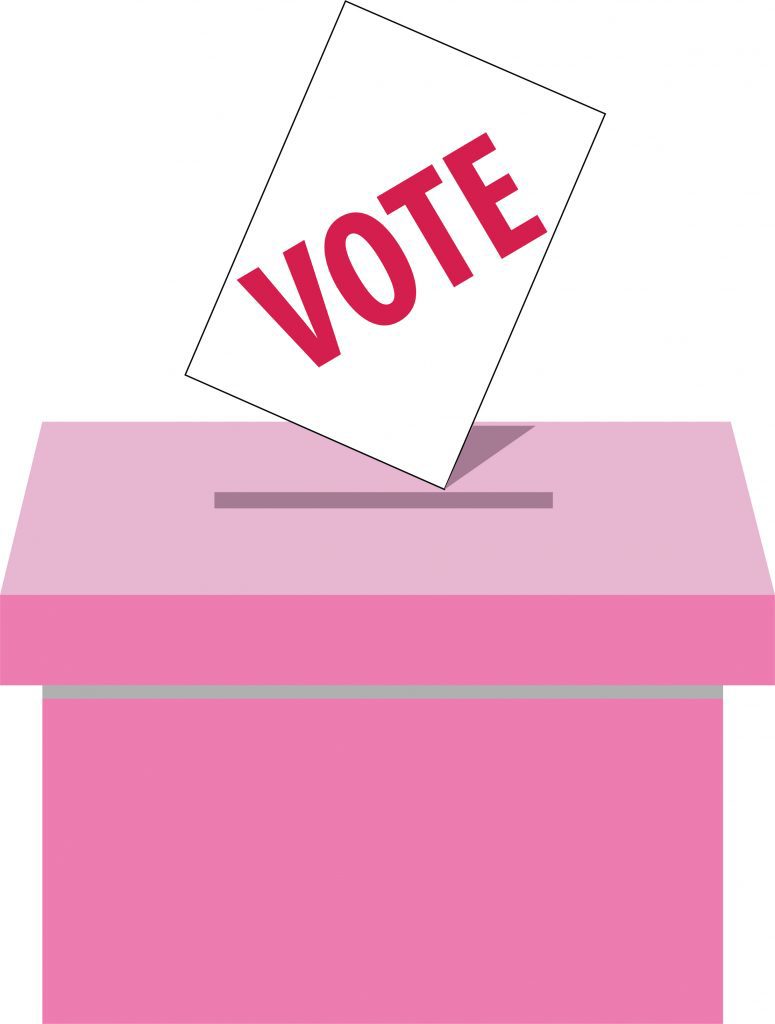With climate change getting worse by the month, income gaps increasing, and housing becoming less and less affordable, it’s easy to get cynical at a young age. It’s easy to think, how could one vote possibly matter in the grand scheme of things?
But it’s more important than ever. The times we’re living in are hard in a lot of ways, I’m not denying that. But, it is also an opportunity for us as millennials to demand change with our votes. Civic engagement is the best way to battle the feeling of hopelessness most of us have had at some point over the past couple of years.

The first time I ever voted was in the October 2015 federal election. I did some surface level research about the candidates and parties, grabbed some friends and headed to the voting station on campus. I cast my ballot and didn’t think about elections again for a while.
Then it was November 2016. I was at the Ram in the Rye watching the American presidential election results. The mood went from jovial to wary to dismal. The morning after, I felt despair like I never had before. During the months after the American election, I began to take the responsibility of showing up to the ballot box in my own country far more seriously.
In this fall’s federal election, millennials will make up about 37 per cent of the electorate, the largest segment of eligible voters in the country. A lot of people have turned 18 since the last election, and we have a real chance at changing the political landscape in Canada as a result. It’s more important than ever that Canadians vote as soon as they’re of age.
There’s no shortage of political issues that affect our age group. It is our generation who will be hit with the catastrophic effects of climate change. We are the last line of defense against irreversible damage. As well, Premier Doug Ford’s cuts to university funding is another example that directly impacts our demographic.
t’s been great to see so many people our age mobilizing in opposition to these changes. We need to maintain the same energy going to the polls in October. The provincial election in June 2018 was the highest voter turnout in 20 years, an encouraging statistic heading into a federal election later this year.
Researching party platforms isn’t the most exciting activity, and politicians tend to use lots of jargon instead of making their ideas accessible for all. Resources posted by organizations such as the Samara Centre for Democracy and Apathy Is Boring make understanding how our political system works slightly less painful.
For progressives like myself, it’s hard to stay positive when it seems like Premier Ford is intent on reversing all the progress that has been made in this province in the last few years. The reality is that he’s going to be around for a while, and the best thing to do in the meantime is prepare for the next election and arm ourselves with political literacy.

